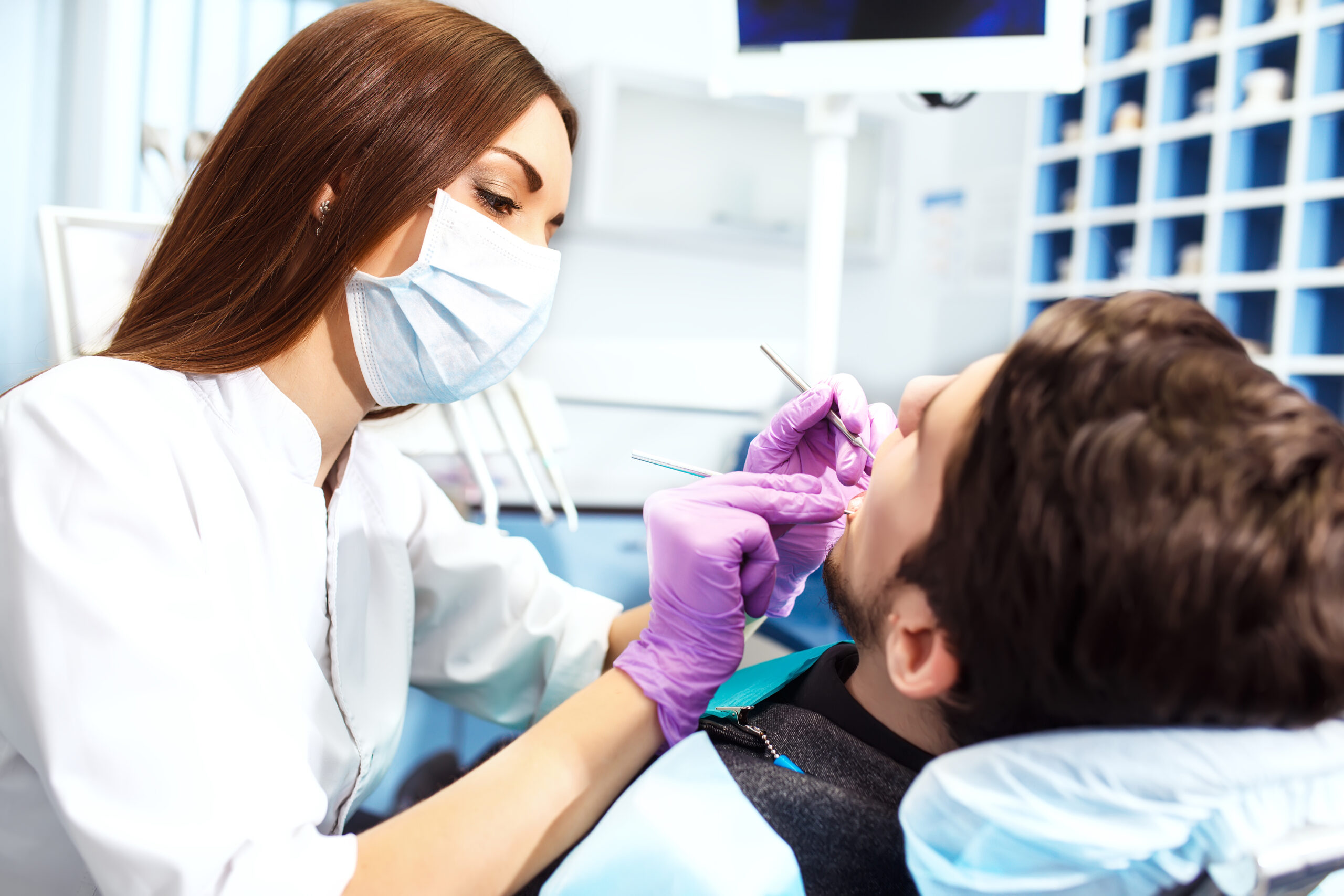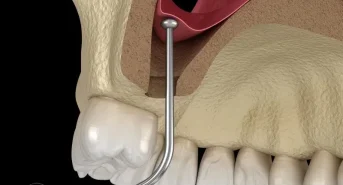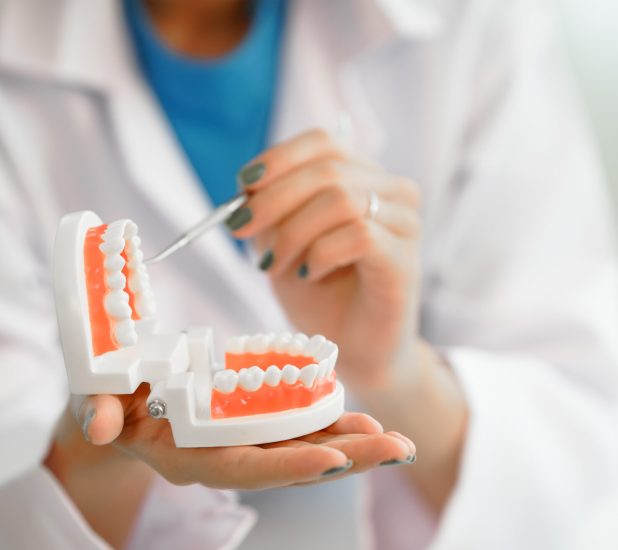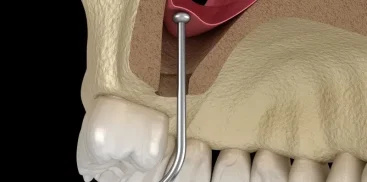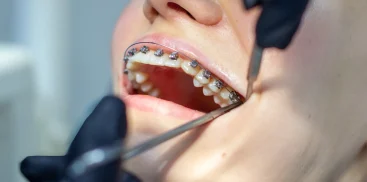Statistics clearly show that as many as one in four people in Poland regularly smoke cigarettes, which poses a significant health problem in our society. Despite widespread awareness of the negative impact of smoking on overall health, many people underestimate the effects of this habit on oral health and teeth. Many smokers lack knowledge about the link between smoking and periodontal diseases, leading to neglect of this aspect of health. Below, we present key information on this topic to increase public awareness and encourage preventive action.
Cigarettes and oral health – the effects of smoking on teeth and oral cavity
Maintaining proper oral hygiene becomes a challenge for people who smoke cigarettes. Toxic substances present in tobacco not only negatively affect the oral flora but also increase the risk of various oral diseases.
Tooth discoloration – the effects of smoking and methods of removal
Smoking cigarettes is not only a harmful habit for health but also a serious aesthetic problem. Nicotine, present in cigarette smoke, combined with oxygen, gives teeth an unsightly yellowish color. These discolorations can start from subtle changes, such as slight staining, to noticeable yellowing, significantly deteriorating the appearance of the smile.
Over time, lack of proper oral hygiene leads to the accumulation of dental plaque, which promotes the absorption of nicotine and tar substances, leading to deepening discoloration. Moreover, dental calculus not only negatively affects the aesthetics of teeth but also promotes the development of cariogenic bacteria, which can result in serious damage.
Fortunately, there are dental methods that can effectively remove discolorations and restore teeth to their natural color. Available treatments include professional cleaning, bonding, veneers, and crowns. The choice of the appropriate method depends on the individual needs and preferences of the patient, who should consult a dentist to make the right decision.
How to avoid bad breath in smokers
Smoking cigarettes can lead not only to nicotine addiction but also to breathing problems. A variety of harmful chemicals present in cigarette smoke, such as ammonia, carbon monoxide, or phenol, deposit in the oral cavity, throat, and lungs, causing unpleasant breath, known as smoker’s halitosis.
It is worth noting that smokers have much more difficulty maintaining proper oral hygiene, which often leads to periodontal diseases and tooth decay. The mechanism of these diseases is mainly based on the development of bacteria that produce unpleasant odors. To avoid this problem, smokers should take special measures to maintain fresh breath and a healthy oral cavity.
Weakening of bone tissue blood circulation
Weakening blood circulation is also a result of tobacco consumption. This habit leads to impaired blood circulation in bone tissue, which in turn negatively affects tissue healing processes. Additionally, it may hinder or limit the performance of certain medical procedures. This is significant in terms of the effectiveness of implant procedures, where impaired blood circulation may disrupt the integration of the implant with the bone, and in extreme cases, even cause its rejection.
Impairment of salivary gland function
Tobacco smoke adversely affects the functioning of salivary glands, leading to impaired function. As a result, there is increased activity of submandibular and sublingual glands in smokers, resulting in changes in saliva composition.
In smokers, saliva becomes thicker, losing its natural moisturizing properties, and weakening its protective functions. Dry mouth promotes the development of fungal infections and inflammatory conditions, which can exacerbate oral health problems.
Negative effects of smoking cigarettes on oral health
Smoking cigarettes can increase the risk of many oral diseases, including:
- Tooth decay,
- Gum inflammation,
- Inflammation of the cheek mucosa,
- Tongue inflammation,
- Alveolar bone resorption,
- Dry mouth (xerostomia),
- Halitosis (bad breath),
- Leukoplakia (white patches on the cheek mucosa and tongue),
- Oral candidiasis (thrush),
- Salivary gland inflammation,
- Salivary gland stones.
How can smokers take care of their oral and dental health?
Regular performance of high-quality oral hygiene procedures several times a day is crucial. Additionally, it is important to undergo professional cleaning at least twice a year in a dental office and to regularly attend dental consultations.
However, the most important step in maintaining overall oral health is to quit smoking cigarettes. For smoking patients, our clinic offers a wide range of services aimed at improving smile aesthetics and comprehensive dental treatment. We have highly qualified medical staff and state-of-the-art equipment, guaranteeing satisfactory therapeutic and aesthetic results. Testimonials from our patients confirm the effectiveness of our actions.
